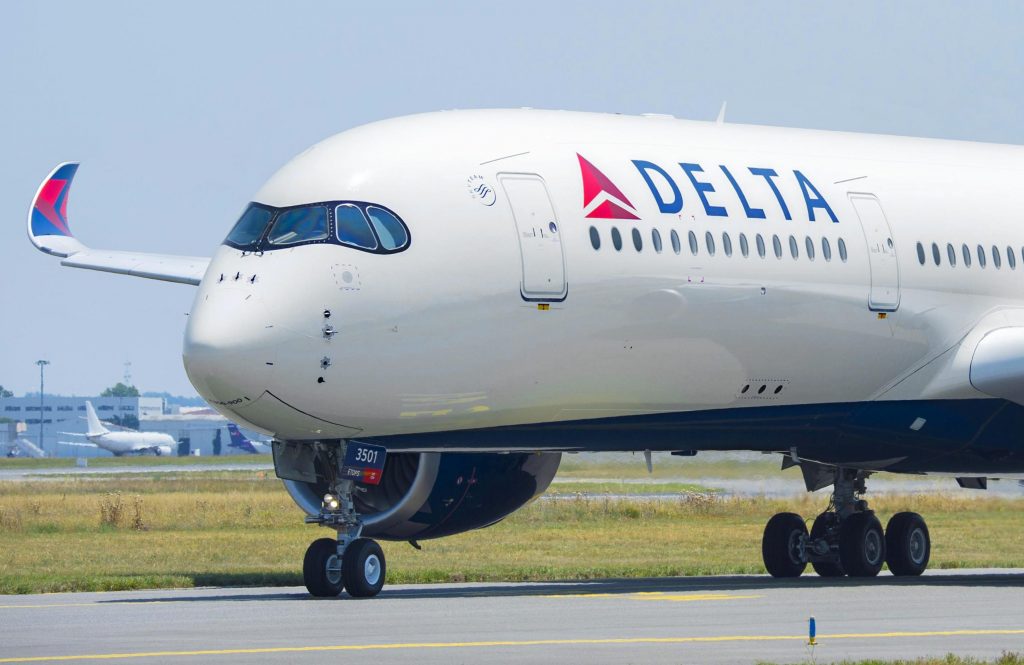
Ed Bastian, chief executive of Delta Air Lines has become the latest airline leader to throw his weight behind a “clean extension” of a multi-billion-dollar payroll support program that has kept airlines from furloughing tens of thousands of aviation workers. The current taxpayer-funded bailout is set to end on October 1 and is the earliest date that airlines like Delta, as well as the likes of American and United, could start a wave of mass lay-offs.
Initially reluctant to support a second bailout, Bastian has changed tact in recent days, saying in an interview on Monday that “everyone in our industry is supportive” of an extension to the CARES Act – a $2.2 trillion economic stimulus bill that contained a specific program to cover the wages of airline workers in the hope that travel demand picked up by October.

But with it becoming painfully obvious that passenger numbers will still be considerably suppressed for months to come, flight attendant and aviation unions have been leading the campaign to extend the payroll support program for another six months. Airline leaders, however, were initially reluctant to delay what seemed like the inevitable by lobbying for CARES Act 2.
“Instead of more government support, we need demand back. We need a medical cure. We need a vaccine. We need therapeutics. And I think that’s probably where any government focus ought to go,” Bastian said only last week.
Now, though, he says Delta is in “full support” of a clean extension of the payroll support program – that would see Delta receive a second $5.4 billion payment from the federal government for the specific purpose of keeping workers employed through to the end of March 2021. The point at which, hopefully, the COVID-19 pandemic is under control or a vaccine has at least been found.
“The CARES Act was incredibly successful,” Bastain said yesterday. “We’d be in full support” of a second bailout, he continued.
The airline recently thanked the 17,000 employees who had opted to take an early-out in order to help reduce payroll costs and hopefully reduce the need for involuntary furloughs. A further 40,000 Delta workers have taken some form of voluntary unpaid leave since the crisis took hold.
Delta’s use of the CARES Act funding hasn’t, though, been without controversy. The Association of Flight Attendants and the Transport Workers Union accused the Atlanta-based airline of violating the terms of the act by reducing the number of paid working hours for some employees.
“A small number of carriers are attempting to flout the (CARES Act) and cheat workers,” Sara Nelson, president of the Association of Flight Attendants complained in a letter to Congress in May. “Delta Air Lines was the first out of the gate with cuts to hours and worker take-home pay,” the letter continued.
Delta’s flight attendants aren’t unionized, which has given the airline “a lot of flexibility” according to Bastian.
Delta maintains that it has been in full compliance with the CARES Act and that it has helped them save thousands of workers who would otherwise have been furloughed or made redundant.
Despite serving 239 destinations worldwide, Delta says it is taking a deliberately “conservative approach” to rebuilding its network and schedules. Recent “surges” in COVID-19 cases, however, has forced Delta to become even more conservative and “fine-tune” its schedule in response to Coronavirus spikes and failed consumer confidence.
Mateusz Maszczynski honed his skills as an international flight attendant at the most prominent airline in the Middle East and has been flying ever since... most recently for a well known European airline. Matt is passionate about the aviation industry and has become an expert in passenger experience and human-centric stories. Always keeping an ear close to the ground, Matt's industry insights, analysis and news coverage is frequently relied upon by some of the biggest names in journalism.







